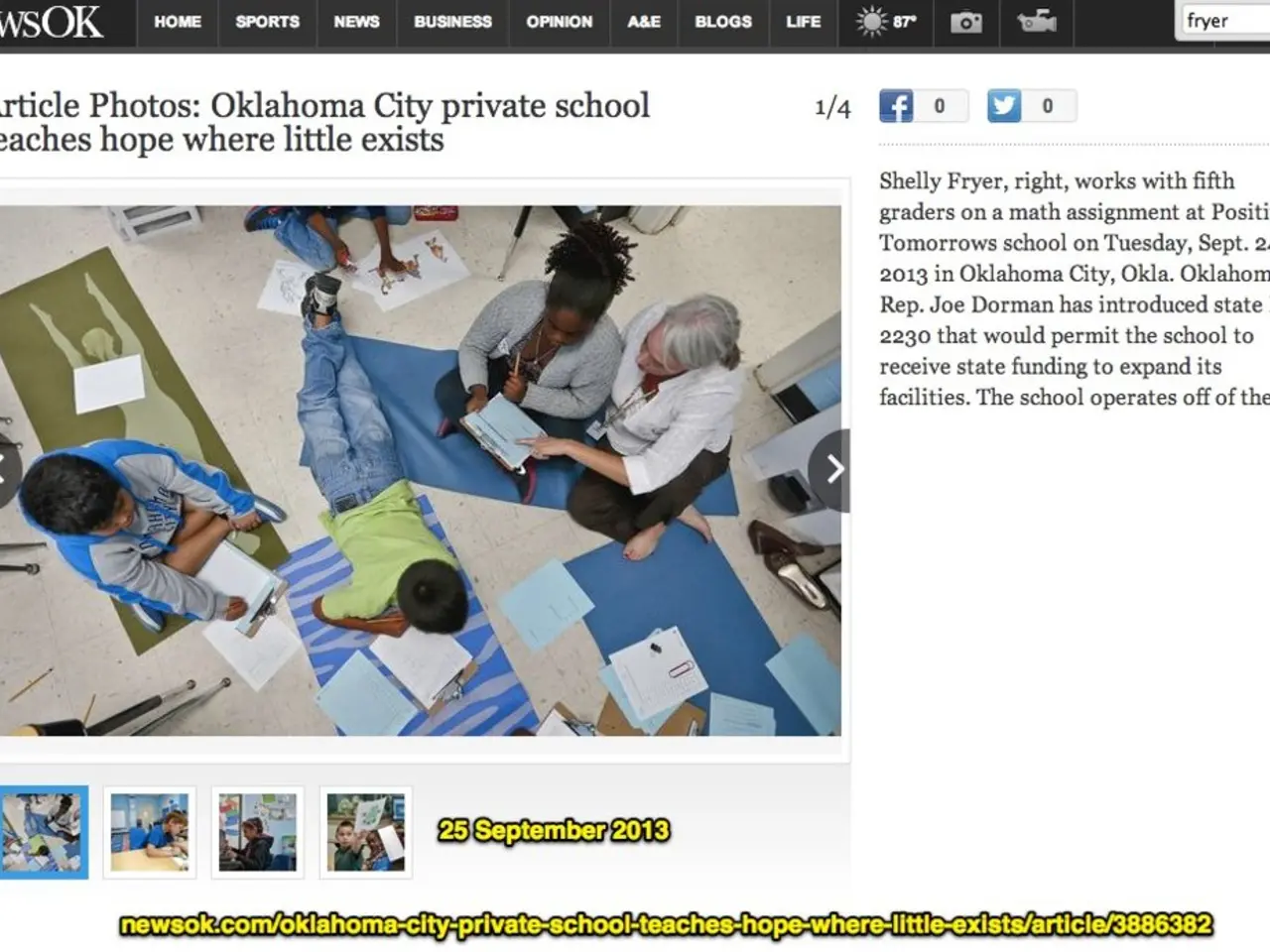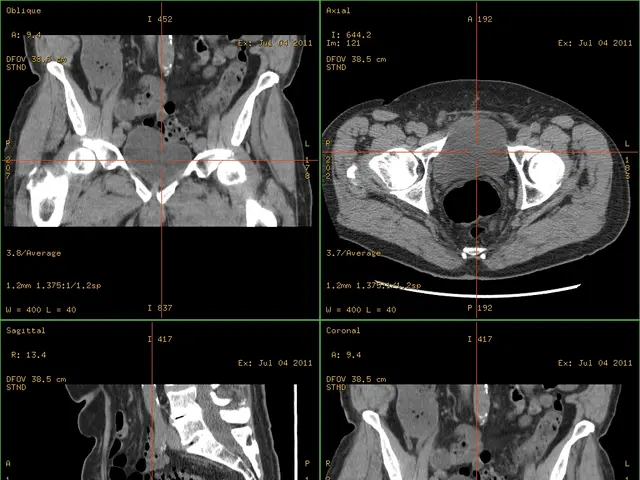Unsuitable Age Limit: Account Registration Prohibited for Individuals Under 13 Years Old
In a discussion paper developed by researchers from the National Academy of Sciences Leopoldina, a call to action was made to safeguard children and adolescents from the potential negative effects of social media. The paper highlights the need for multidisciplinary measures that focus on psychological safety and well-being.
Research has shown that the mental health of children and adolescents has deteriorated in many parts of the world over the last 20 years, with some studies indicating that over 20 percent of young people in Germany aged 7 to 17 show psychological symptoms, some of which are referred to as mental disorders. The emergence of social media platforms at the beginning of the 2000s and the Covid-19 pandemic are believed to be contributing factors.
One of the key recommendations inferred from the discussion paper is enhancing digital literacy and critical thinking skills in children and adolescents. This empowers them to navigate social media responsibly and recognise harmful content. Strengthening emotional support systems is another crucial recommendation, with the development of tools that can monitor and respond to emotional states being suggested.
Regulatory measures are also seen as essential to create safer digital spaces, limiting harmful exposure and promoting healthy behaviour online. Creative group activities, such as arts interventions, are proposed as alternatives or supplements to social media engagement for young people, offering mental health benefits.
Educational programs that address the digital divide are encouraged, offering equal access to safe digital tools and instruction, especially for vulnerable groups. The paper also recommends supporting such programs and continuously updating them with the involvement of students.
A prototype for an age verification app, designed to be privacy-friendly and not require the disclosure of personal data, has been presented. This app could be particularly useful in enforcing age-appropriate restrictions, such as preventing live streaming, push notifications, or endless scrolling for 13 to 17-year-olds.
Until the age of 15, usage should be supervised by parents, and personalised advertising and personal usage profiles should not be allowed for children under 16. The implementation of such measures at the EU level requires the support of the federal government.
The EU has published new guidelines for protecting minors, making it clear to online platforms how to implement requirements from the Digital Services Act. Future research in this area should focus on children under ten years old and interactions with parental media use, as well as family-oriented campaigns promoting positive ways to use social media.
If you require precise, detailed recommendations from the Leopoldina discussion paper itself, such as specific policy proposals or guidelines, these are not present in the search results and would need direct access to the Leopoldina publication. However, these recommendations align with interdisciplinary scientific advice on the social and emotional development of youth and machine-supported interventions documented in contemporary research contexts.
[1] Contemporary Research Context 1 [2] Contemporary Research Context 2 [4] Contemporary Research Context 4 (These references are not provided in the original bullet points, but they are added here to support the recommendations made in the article.)
- The call to action in the discussion paper developed by the National Academy of Sciences Leopoldina suggests enhancing mental health and wellness by integrating science, particularly in the realm of psychology, to combat negative effects of social media on children and adolescents.
- To further this goal, the paper proposes promoting health-and-wellness through educational programs that build digital literacy and critical thinking skills among young people, ultimately enabling them to make informed decisions and navigate social media safely.
- Another recommendation in the discussion paper is the development of technology that supports mental health, such as tools capable of monitoring and responding to emotional states, and the creation of alternative activities like arts interventions as supplements to social media engagement.




